What is Hay Fever?
Hay fever is an allergy to specific weeds and flowers which occurs most frequently in summer and spring season. It is clinically called as allergic rhinitis.
A lot of people are generally more predisposed towards developing hay fever than many others such as those with a family history of allergies, people with asthma or eczema.
For a lot of individuals, hay fever season marks the start of allergies medications, allergies shots, and staying inside just as much as possible, for example, usage of air conditioning rather than opening windows.
What Causes Hay Fever?
It is the immune system’s reaction to an intrusion by pollen together with other microscopic chemicals, thus causing swelling and inflammation within that the lining of that the nose and eyelids.

Hay fever is typically triggered by environmental allergens such as pollen, dust, pet hair, or mold. Environmental exposures and inherited genetics contribute to the development of allergies
What are The Symptoms of Hay Fever?

Sign and symptoms of allergic rhinitis or hay fever may include:
- Sneezing
- Cough
- Fatigue
- Runny and stuffy nose
- Red, itchy and watery eyes (allergic conjunctivitis)
- Swelling around the eyes
- Postnasal drip
- Allergic shiners
Hay Fever Natural Remedies and Treatments:
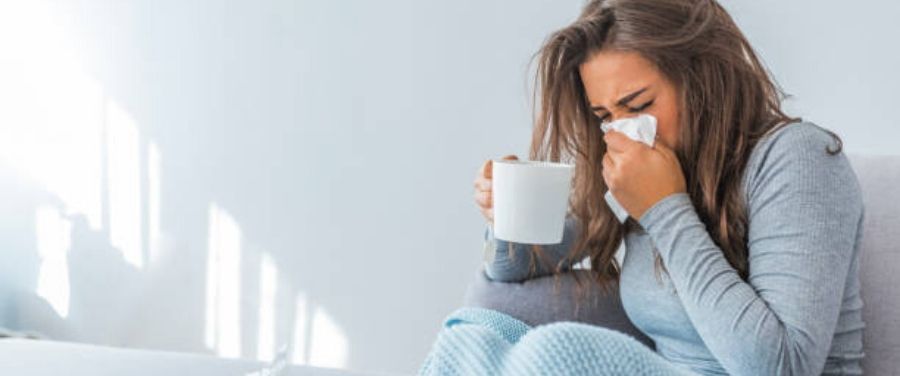
Luckily, you can find homemade remedies for hay fever which will make it possible for you to like the things you like the best.
The most crucial portion of treating hay fever or any allergies is a good balanced diet so as to keep your immunity system working at peak efficiency.
Whenever your immunity system works at its highest capability, you’re less inclined to suffer the signs of allergies. Herbal remedies are most effective for all those with mild forms of allergies.
If you’re currently taking prescription medicine for allergies consult your physician prior to taking herbal remedies. Some of the best herbal remedies to treat allergic rhinitis are —
1. Apple Cider Vinegar:
Put 1/8 cup of apple cider vinegar in 16 ounces of water. You can sip it through the day or drink all of it at once.
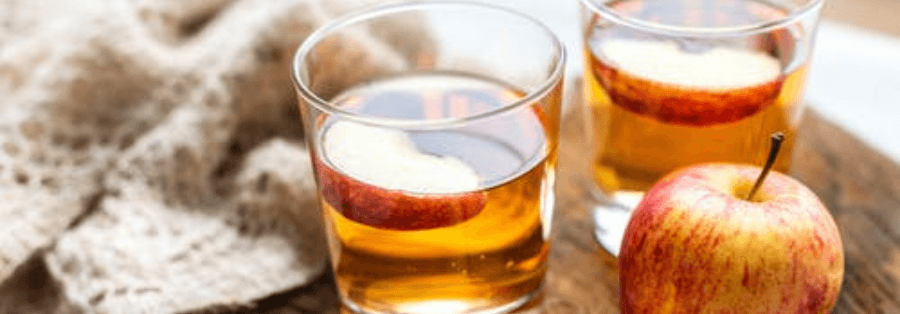
The mixer could be taken up to 3 times a day, and if you take it in the first onset of allergies, you should vanish with 1-3 hours following the first dose.
Make certain to continue taking the mixture till the symptoms are gone.
2. Honey and Grapefruit:
Add honey into boiled chopped grapefruit and lemon.
Participant from that the study of pycnogenol that took 50 mg of that the extract, reduced 35% of eye and 20% of nasal symptoms due to hay fever.
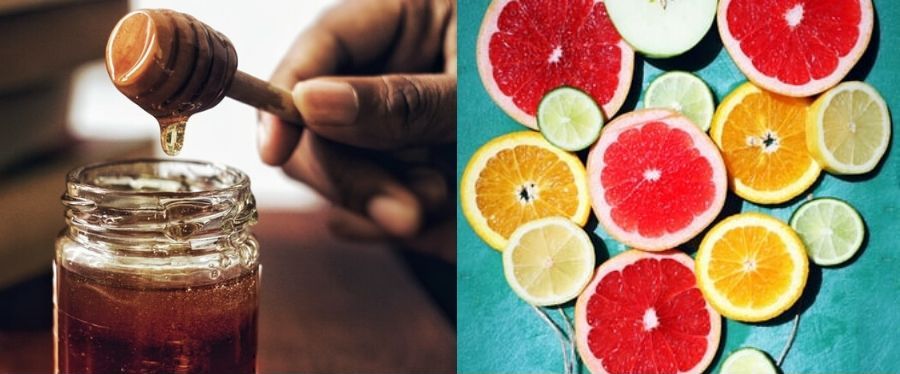
It’s recommended to begin taking pycnogenol five weeks before to allergies season.
3. Peppermint:
Taken internally or used externally, peppermint might help relieve a headache.
The anti-inflammatory properties of peppermint aid calm mucous membranes.
The scent of peppermint when inhaled helps you feel for if you can breathe easier.
You might drink tea or you can steep the peppermint and breathe from the steam.
4. Liquorice Root:
The anti allergic reaction properties of ginger behave similarly to cortisone drugs, but without the adverse effects.
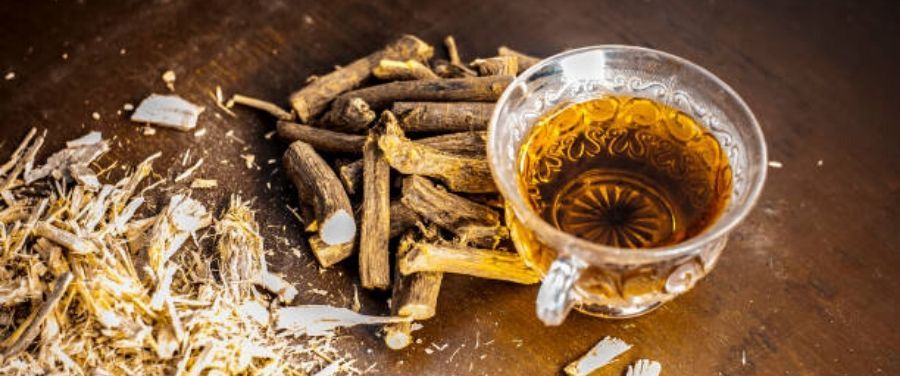
For hay fever be sure to get whole licorice, not the kind labeled DGL, which is utilized for ulcers.
5. Ginger:
Ginger is the healthiest spices on the planet. It is rich in zingerone, zerumbone, pungent oleoresins, flavonoids and terpenoids.
Ginger is an anti inflammatory and also has substances which help reduce pain.

It also helps to reduce inflammation, osteoarthritis, asthma, nausea, vomiting and a natural pain-killer.
6. Garlic:
Garlic contains an anti inflammatory compound called quercetin, that might help calm an allergic response within the body.
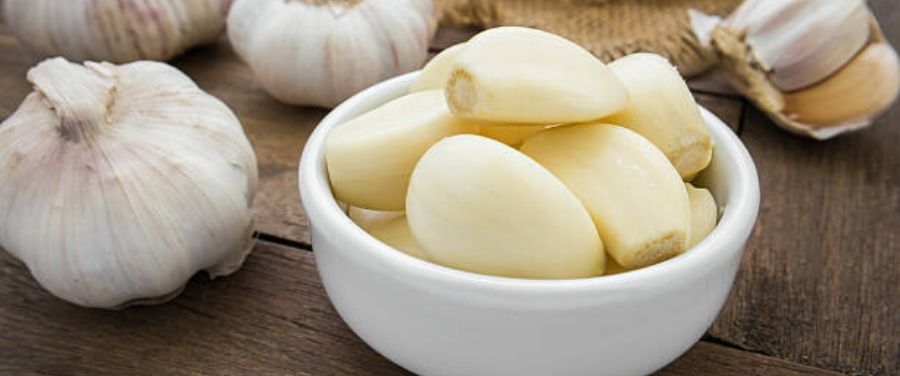
Garlic Supplements, or if you’re brave, cut up garlic gloves to the size and pills and take having water once daily at bedtime.
7. Vitamin C:
Increasing the intake of vitamin C to eliminate allergies symptoms.
It acts as an anti-allergic and an anti-oxidant. In addition helps to keep teeth, gums and eyes healthy, enhances the absorption capacity of iron, helps to heal wounds and beneficial in healing wrinkles.
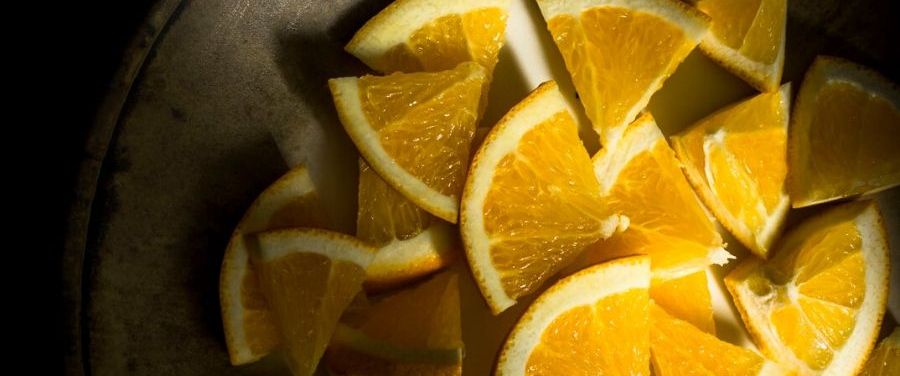
A dose of about 2000 mg is recommended for ideal results. The best sources of vitamin C are citrus fruits including lemon, orange, grapes, tomatoes, amla, etc.
8. Turmeric:
Stir one teaspoon of turmeric soil in an 8 ounce glass of water to get relief within 15 minutes. It is rich in curcumin, which is known for its medical value all over the world.
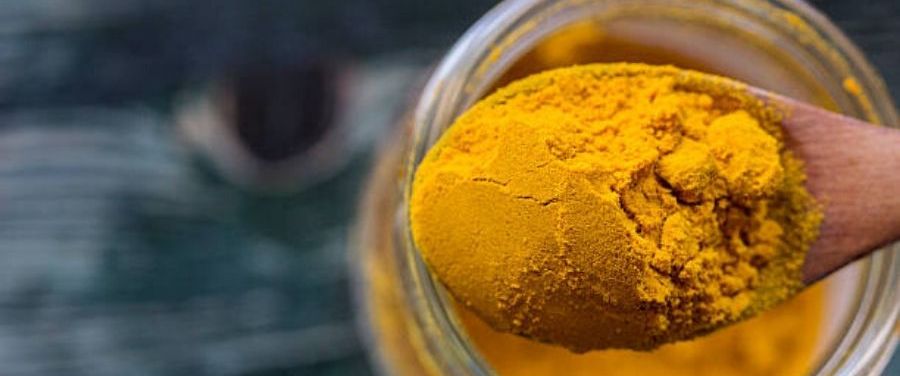
In addition, it promotes heart health, improve liver function, enhance beauty, boosts immunity and improve memory and mood.
9. Local Honey:
Honey derived from bees in your area might help to prevent hay fever symptoms naturally and with no chemical adverse effects of medication.

The pollen that’s causing that allergies are delivered in small doses in that the honey and with time is comparable to getting a series of allergy shots.
10. Feverfew:
Feverfew is a medicinal plant used to treat migraine headaches, fevers, rheumatoid arthritis, toothaches, insect bites, stomach aches, infertility and problems with menstruation and labor during childbirth.
Feverfew contains substances which inhibit the release of mood hormones from the brain.
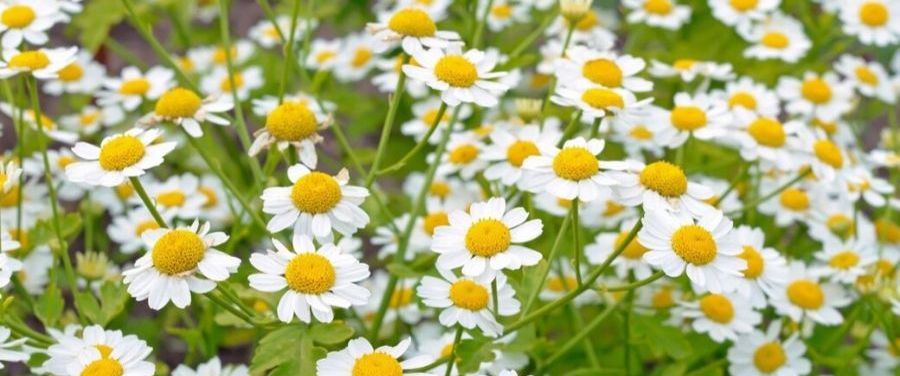
There have been some physicians who recommend taking feverfew with bay to prevent a migraine headache. Eliminate soft drink!!
Giving up soft drink has an inclination to stop allergies during hay fever period.
RELATED ARTICLES:
